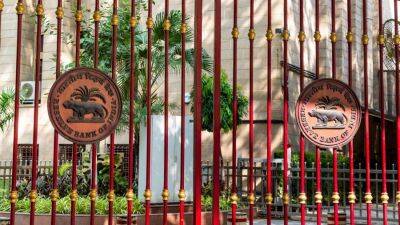Hearing: Alternative payments’ threat to national security goes far beyond crypto
Non-crypto alternative payment systems pose a serious threat to United States security, according to testimony presented at a U.S. House Financial Services Committee Subcommittee on National Security, International Development, and Monetary Policy hearing Tuesday. The alternative payments ecosystem should be seen as a whole, and crypto can enhance national security, speakers said.
Wilson Center fellow Scott Dueweke told the U.S. House Financial Services subcommittee in written testimony, “By focusing only on cryptocurrencies we risk missing the forest for the trees.”
Money services businesses are heavily regulated in the United States, but those based outside the country may be unwilling to conform to U.S. requirements, including Know Your Customer/Anti-Money Laundering, and they may be outside U.S. and other Western countries’ reporting requirements, Dueweke said.
Dueweke recommended instituting greater financial open source intelligence efforts as a means of counteracting the threat posed SWIFT network alternatives being created by Russia and China and other threats. He said:
While political aims inspire such moves as the formation for such projects as the Russia System for Transfer of Financial Messages, a SWIFT alternative, and that country’s MIR banking card system, Dueweke said poverty is a main driver in the expansion of the alternative payment ecosystem.
A good day to do my duty as a citizen. pic.twitter.com/O0NlMHPR9d
Dueweke said over 700 million people lack adequate banking services, and the situation is made worse by the practice of de-risking, in which Western banks stop providing correspondent services for banks in poor regions. While security is the state motivation for that practice, a profit motive is often
Read more on cointelegraph.com
 cointelegraph.com
cointelegraph.com



















